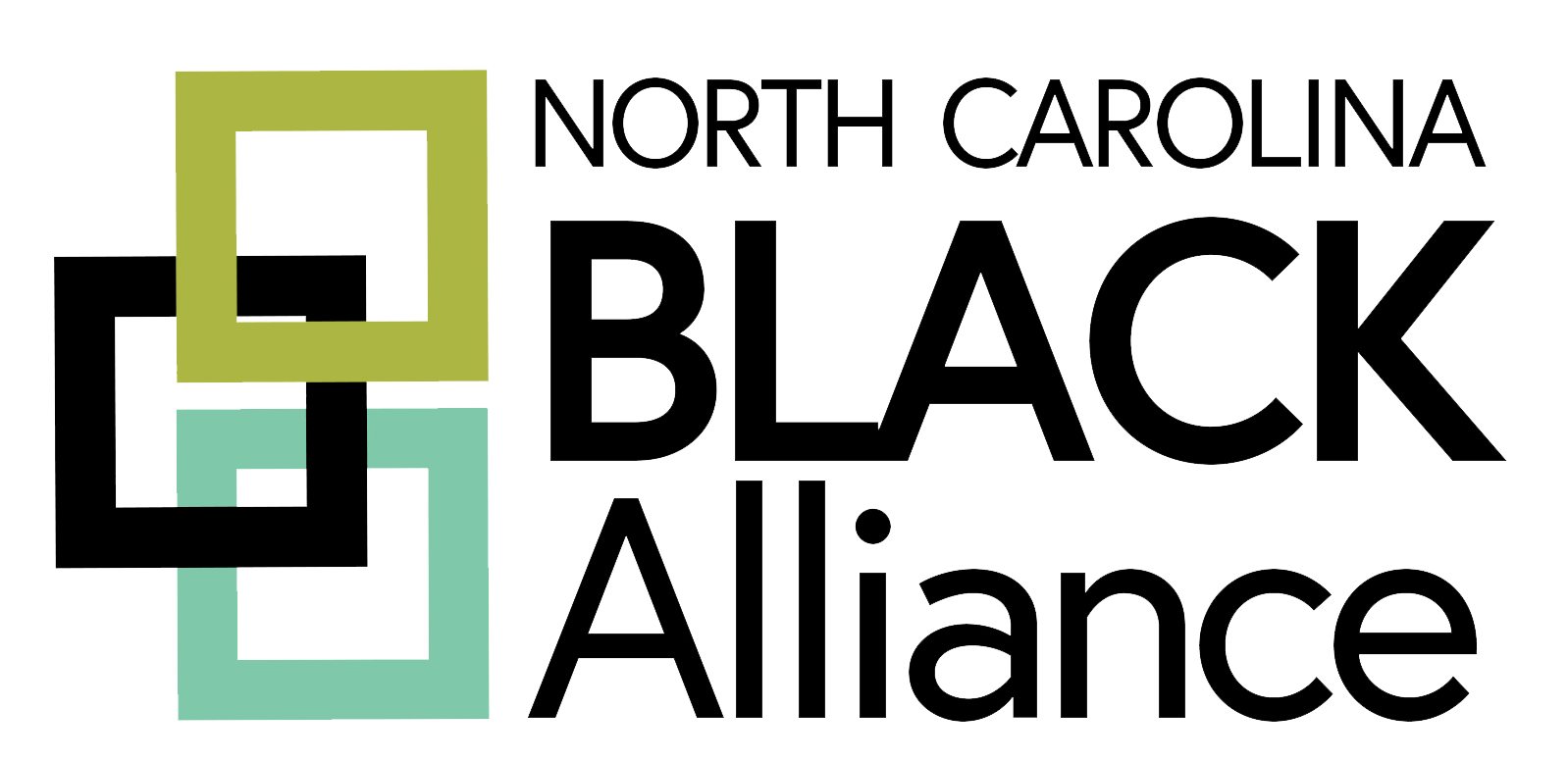Sustainable Hog Farming
By: Abijah Gattis
Environmental Justice Fellow
The Effects of Hog Farms
Do you know about the effects of hog farms on people and the planet? CAFO stands for Concentrated Animal Feeding Operation. You may have seen the pictures that represent the current state of our food system: sad and dirty animals packed into dark barns with feces-covered floors. Farmers of hog CAFO’s funnel pig feces into large pools near Black and Brown communities. These lagoons leak methane and other toxins into the water and air, and it has been theorized that this increases the risk of cancer and other illnesses.
In Eastern and Central North Carolina, Black, Native, and non-white Hispanic rural and suburban communities are more likely to live within a 3-mile radius of a hog farm than their white counterparts. Even when they live in neighborhoods integrated with white people, streets with more POC families are at higher risk of being in close proximity to what you may know as a CAFO.
The Future of Pork
Does this mean we give up pork forever The conditions on hog farms must be stopped, but there is also a future for hog raising on small-scale sustainable farms. The Jireh Family Farm is one of several farms working to change the way hog farming looks, especially in NC. Their website says raising pigs in the woods “protects them from sunburn, allows them to eat underbrush, and offers a natural environment to play, rest, and turn the soil.” And that keeping it to a small scale helps minimize smell and allows them to keep a closer watch on animal health.
You can learn more about innovative alternatives in hog farming in this article featuring Black farmer Ron Simmons from Kenansville, NC.
